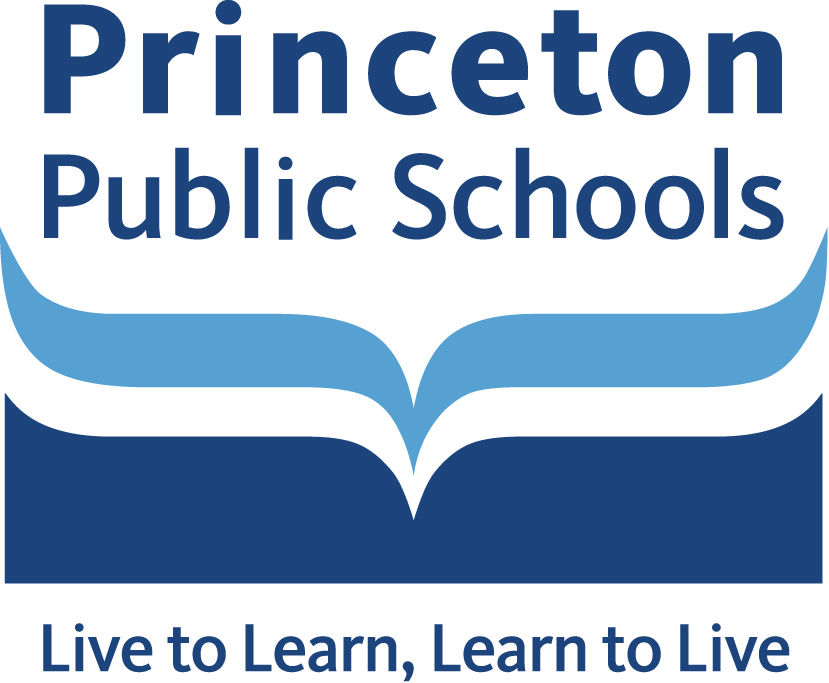By Lea Kahn, Staff Writer
School nurses will be able to administer an opioid antidote to an overdose victim if an incident occurs during school hours or during an on-site school-sponsored activity, under a new policy adopted by the Princeton Public Schools’ Board of Education.
The new policy allows a school district certified nurse to administer the antidote, provided the school district physician deems the school nurse to be capable of doing so.
The school physician also must ensure that overdose information is provided to the school district – including information on opioid overdose prevention and recognition of an overdose, plus instructions on how to administer rescue breathing and resuscitation.
The information also includes opioid antidote usage and how to administer it, as well as how to care for an overdose victim after it has been administered.
The school nurse also will make certain that the opioid antidote medication is stored in a safe and secure location, and monitor the on-site inventory of the medication.
If the overdose victim is a student, the school nurse will make a notation on a student’s health record that the antidote has been given to him or her.
The policy requires school district personnel to call 911 in the event of an overdose if it occurs during school hours or at an on-site school-sponsored activity. The school nurse also will be called and may administer an opioid antidote to the victim.
Any student who receives an opioid antidote will be taken to the hospital, accompanied by a school staff member designated by the school principal or a designee, or by the supervising staff member if it occurs during a school-sponsored, on-site activity.
The student’s parents will be notified. Also, the superintendent of schools will be notified when an opioid antidote is administered by the school nurse or an emergency services responder.
School board vice president Dafna Kendal praised Micki Crisafulli, the school district’s director of Student Services, for finding money to train the school nurses.
The Princeton school district is being proactive, and has received “positive feedback” from the community, Kendal said.
“We are not aware of an opioid problem (in the schools), but we are not unaware of what is going on in the rest of the state,” Kendal said.

